A bunch of new “De” narratives have gained steam over the past few months. DeFi has been around for quite a few years now, but credit needs to be given to DePin, DeSoc and DeSci for taking the decentralized narrative another step ahead. Parallelly, decentralized social media is another tangent that is being darkened of late.

Farcaster, loosely deemed to be the Web3 version of Twitter, raised $150 million in a recent funding round that was led by Paradigm. Other participants included: a16z Crypto, Haun, USV, Variant, and Standard Crypto. According to stats shared by founder Dan Romero, the decentralzied social application has seen 350,000 paid sign-ups and registered a 50x increase in network activity since October last year.
Frames - a feature fostering apps to run within posts - instigated the Farcaster hype. It made things convenient for users by removing site-hopping out of the equation. The executive pointed out that there are “hundreds of developers” building on the protocol at the moment, and a growing number of apps and frames for people to use.
Chalking out how the funding would be put to use, Romero said,
“This will support our work on Farcaster for many years to come. We’re focused on two things for the rest of the year: 1. Growing daily active users. 2. Adding developer primitives to the protocol like channels and direct messaging.”
Furthermore, Farcaster is also looking to expand its team by adding on staff-level engineers. While the funding and expansion is a positive development for Farcaster, it should be noted that not all apps in the decentralized social media boat have been faring that well.
All is Not Well in the Decentralized Social Media World
Take the case of Friend.tech itself, for instance. Latest stats from Dune Analytics point out that users have been abandoning the platform. Once deemed to be the hottest crypto app, Friend.tech now has only around 554 users on its platform, significantly down from its 537k peak.
As far as the mechanics are concerned, buying ‘keys’ or ‘shares’ issued by influencers gives users access to private chats with them. This, ultimately, allows users to profit from the popularity of a given influencer/creator.










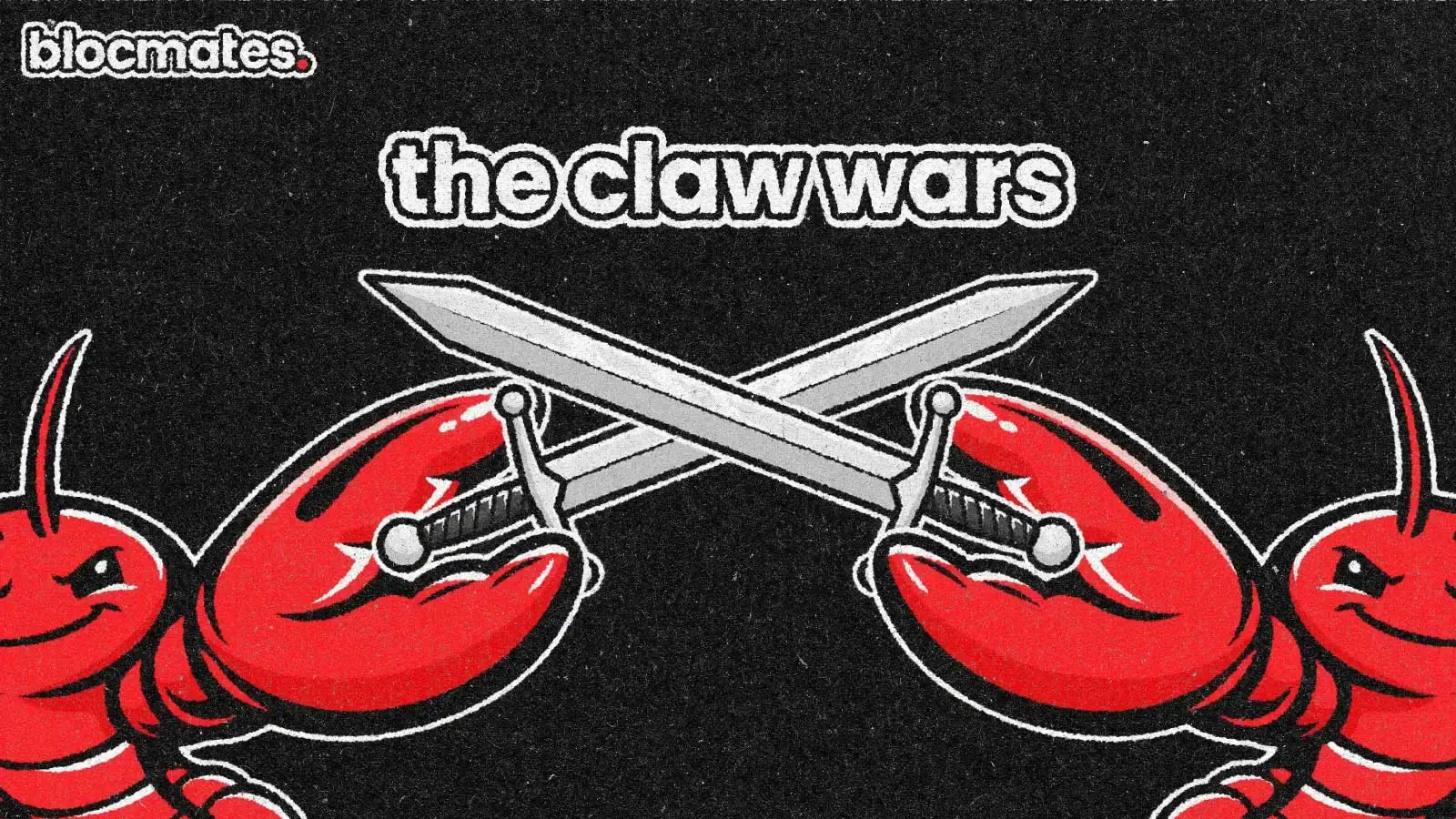
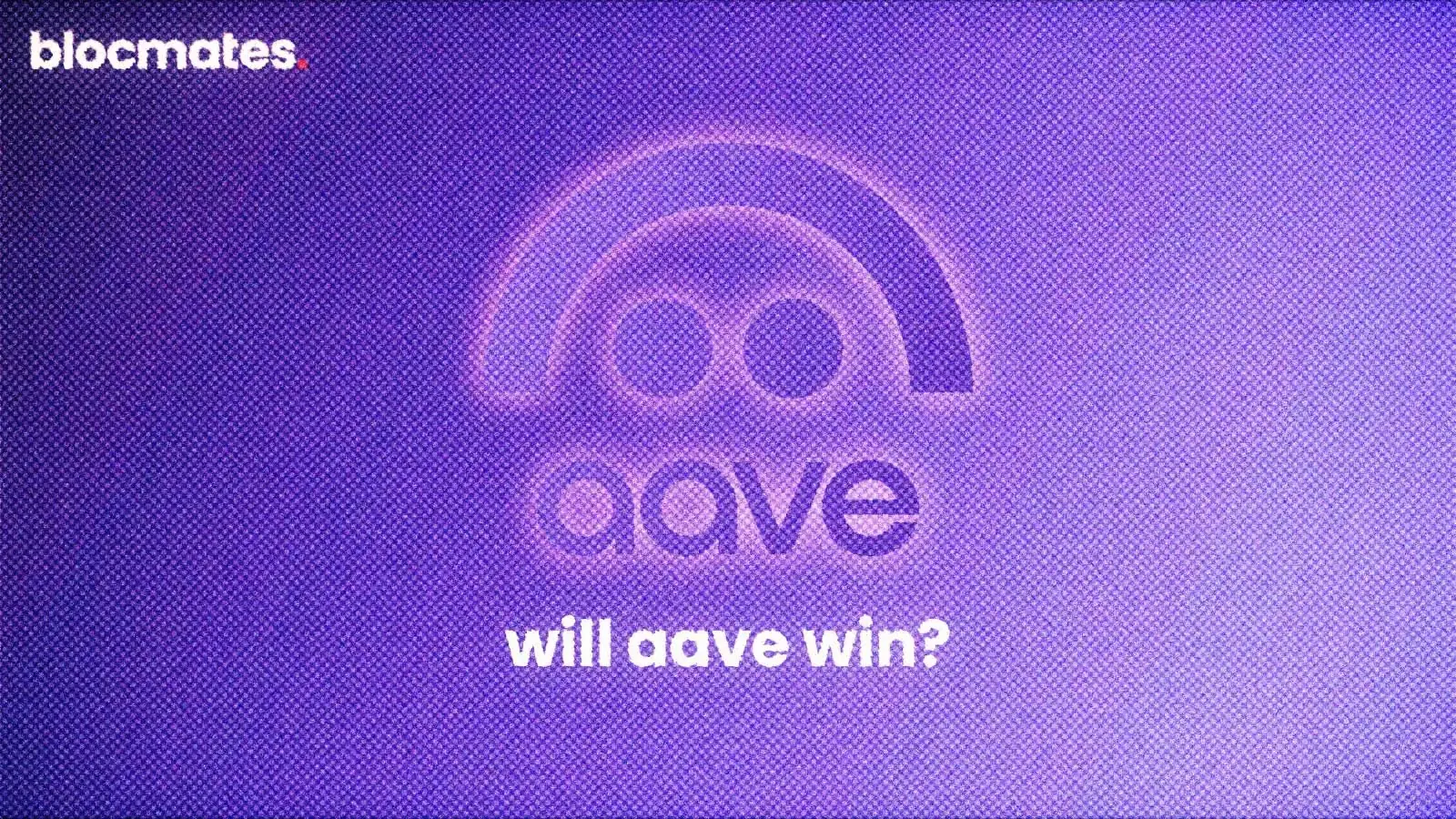

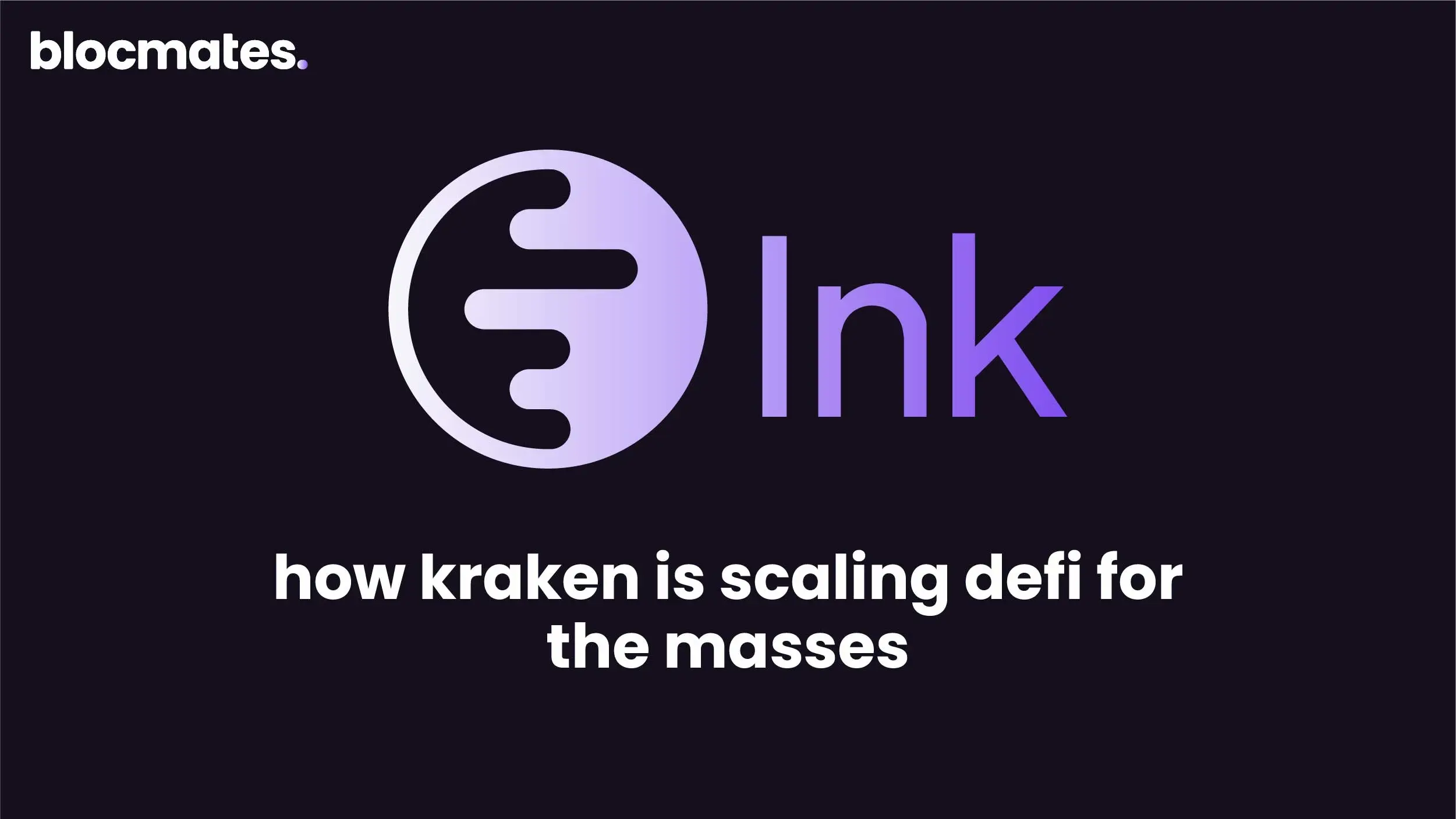
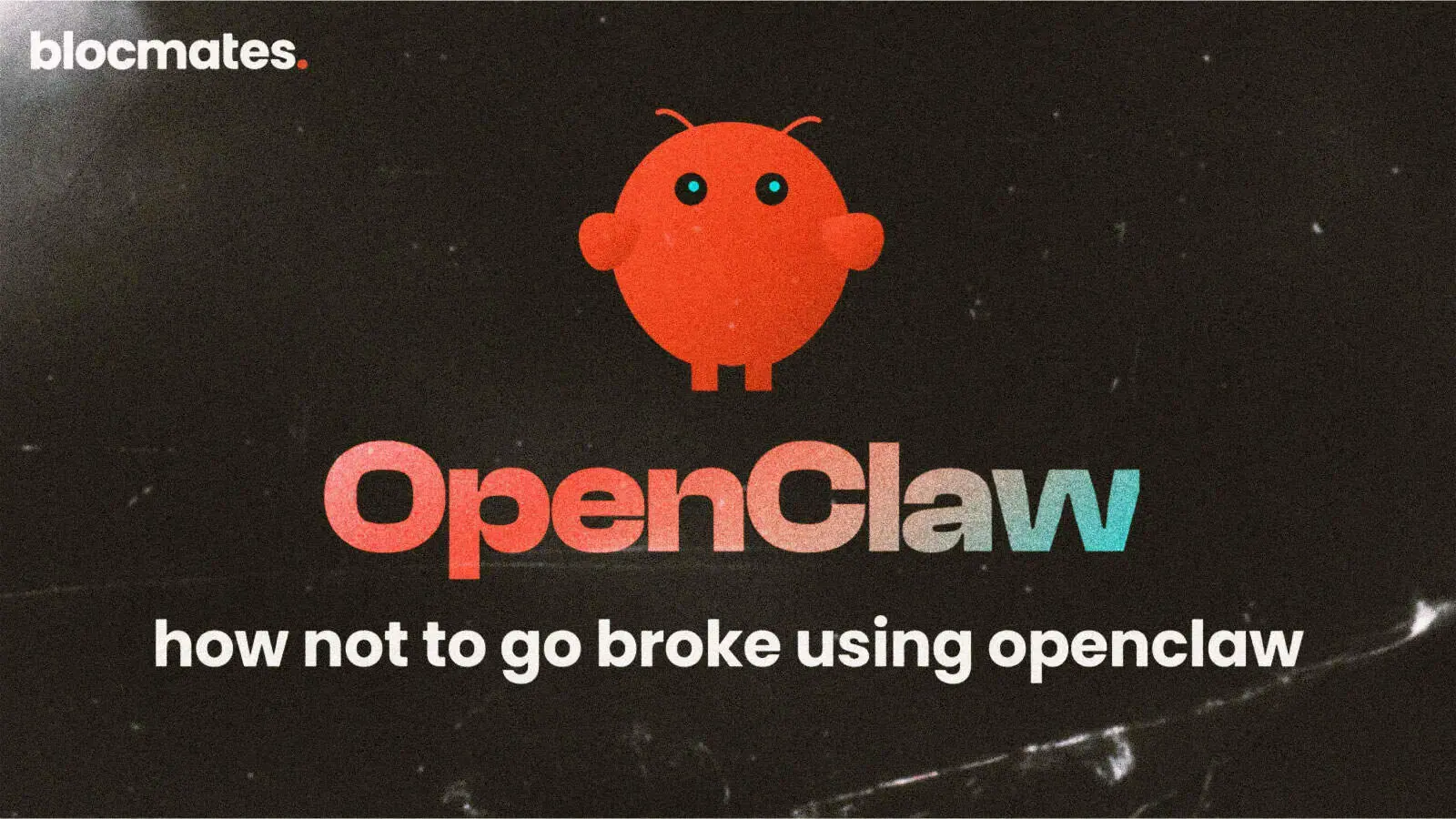
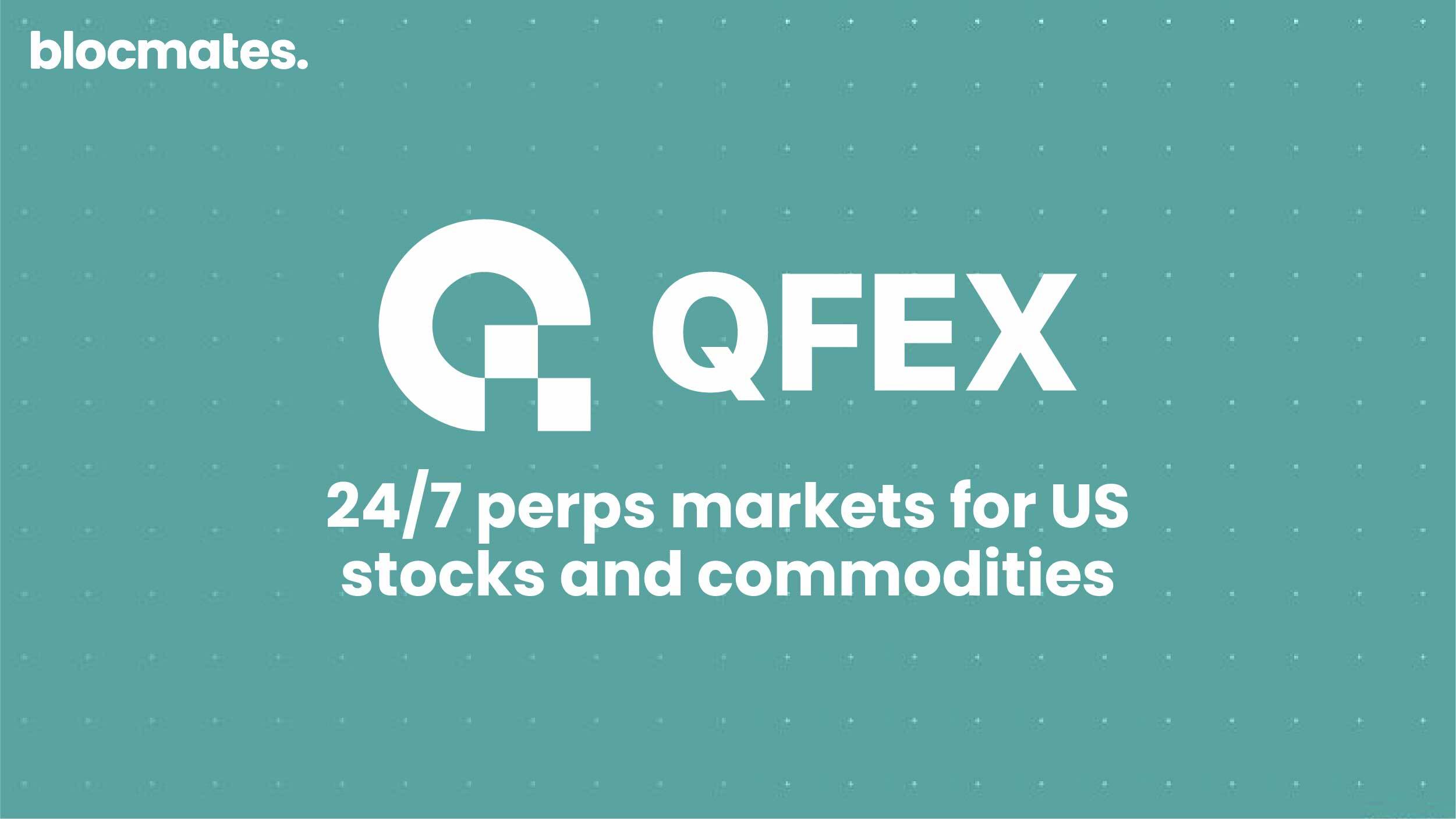
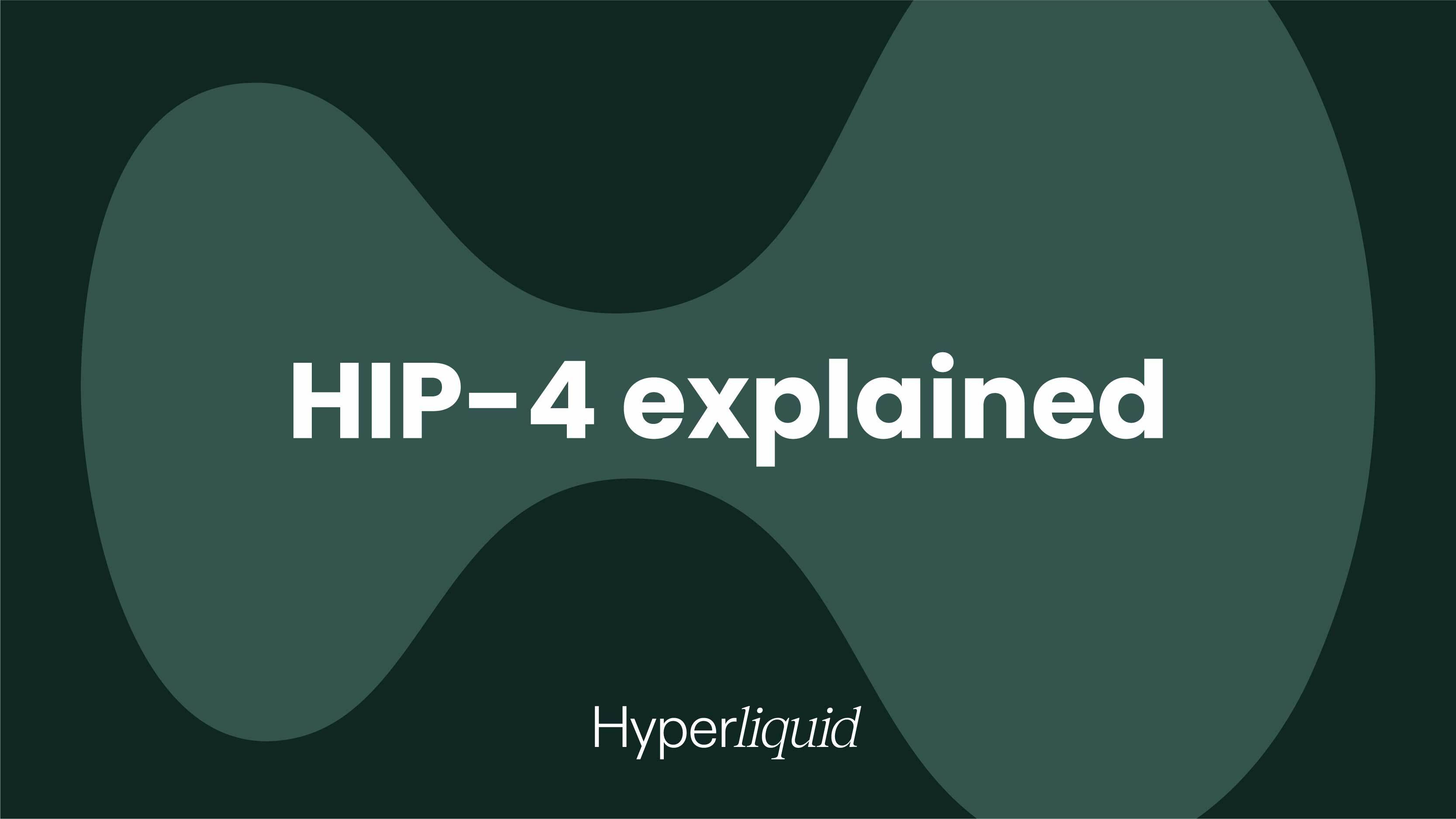


















.webp)

.webp)
.webp)

%20(1).webp)



























































%202.webp)


.webp)

.webp)
.webp)
.webp)


.webp)
.webp)

.webp)
.webp)
.webp)


.webp)
.webp)










.webp)


.webp)









.webp)







.webp)




.webp)


























.webp)







.webp)















.webp)

.webp)
.webp)

.webp)














.webp)

.webp)


.webp)








.webp)




